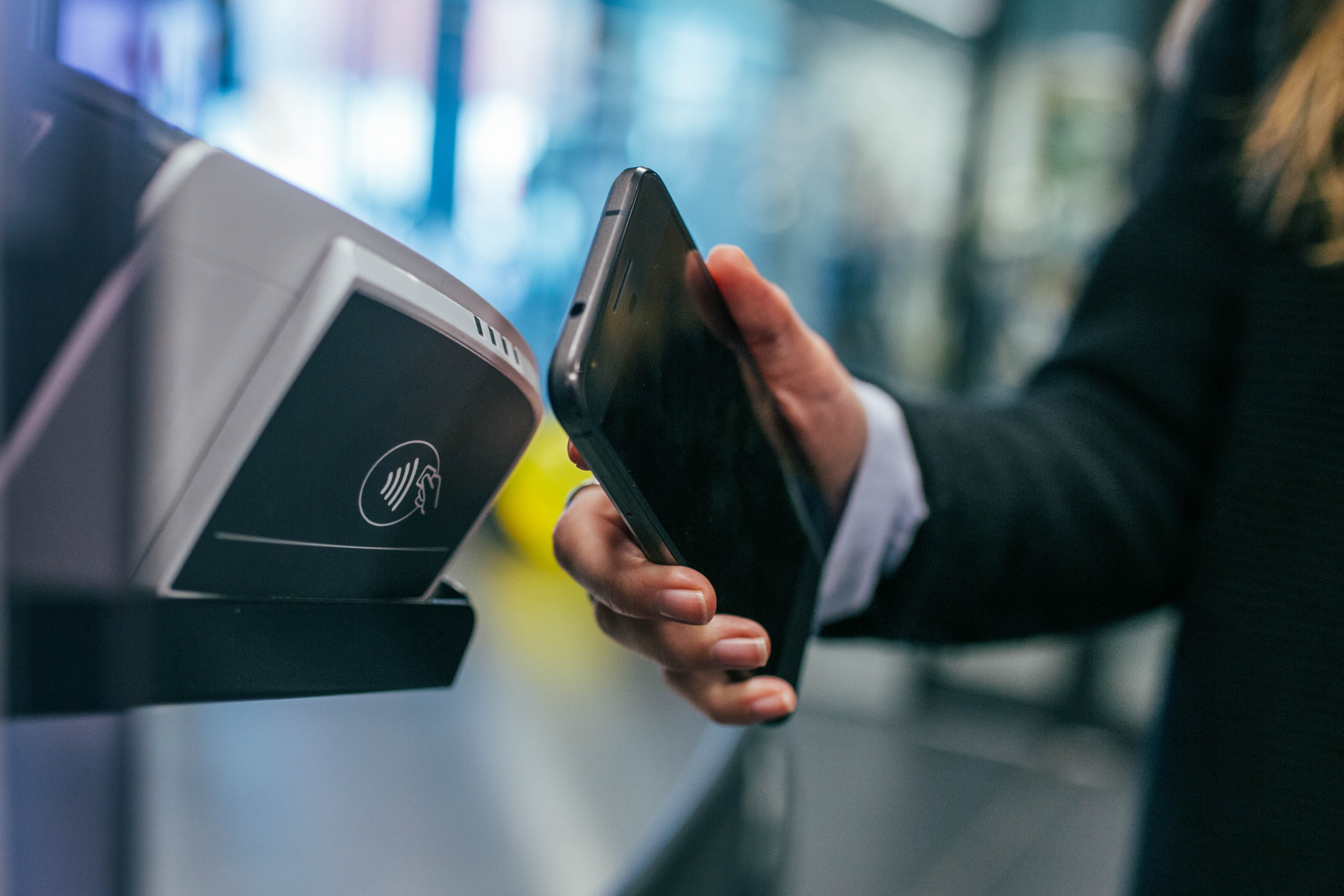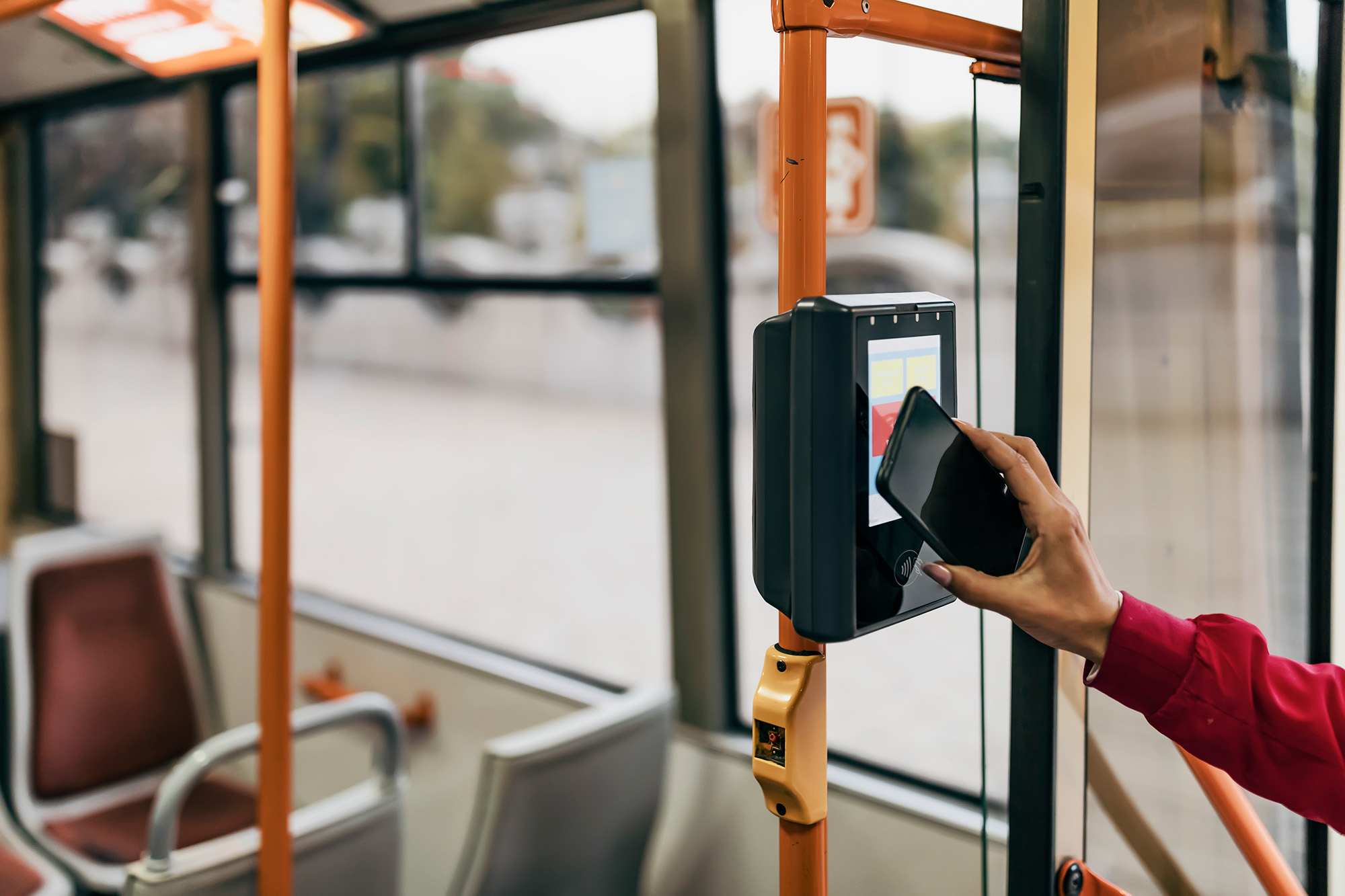
The Thredd team
December 17, 2025

Why travel payments continue to provide a rich field of opportunity for innovation and value creation.


The Thredd team
Whether you’re an OTA or an end traveller, there is always a journey of sorts to be connected, improved – and paid for.
It’s amazing to think that the first travel agencies and the origins of what we today know as a “travel package” came to creation in the 19th century. Then as now, someone had to arrange various kinds of transport, accommodation and possibly food for a traveller, and settle with all the parties involved. A connector and orchestrator of sorts.
Fast forward to today’s travel industry with its layered value chains and look closely at how it works from the backend all the way forward to the customer experience. So much has changed. And yet, if we ask the parties along that chain, most everyone agrees – it can be better.
And so, it would seem that the simplification of travel and its requisite payments is a timeless and worthy challenge with rewards for the winners.
In some ways, the digital transformation of travel, like other industries before it, is a story of breaking often unintentional silos and of connecting ecosystem players with uneven levels of modernization.
Like in banking, different business lines and players historically designed and built their own systems with their own specific data sets, connectivity (or lack thereof) and payment or settlement systems, not imagining – much less requiring – a future where the ability to move in an automated fashion with other systems and players would be the rule and define much of what manifests as a winning experience.
As a result, we’ve inherited a world of agencies, bed banks, hotels, air carriers, various ground and sea transportation providers, restaurants, venue tickets and more. The majority of these with separate booking, order management workflows, commissions, and payments providers, some with fully automated systems and APIs and others, not so much.
With this backdrop, and for all the important innovation of recent years, it's no wonder that inefficiency and sometimes chaos persist, leading so many players along the chain to plead, "Just connect the trip."
Easier said than done.

One could argue that business travel and the corporate expense management requirements that often go with them are possibly the most challenging scenarios to solve for. This is because the bar is often set so high, pushed by a rising stack of requirements: Mobile-friendly, real-time, policy compliant (per diems, expense limits, approval processes), secure, cost-controlled, seamless, time-saving, multinational, multicurrency, scalable, flexible, ERP integrated.
Then, add to these the inherent complexity of supporting today’s businesses. For example, imagine solving for all of the aforementioned requirements, but then needing to do it on a group and event level. For example, a team going to an industry conference. They might have different nationalities and passports, arriving from different places at different times via different means (e.g. airline, train, their own cars), and departing at different dates, with different agendas and hence logistical requirements necessitating hotels in different locations, hosting different meals, etc. Then, being prepared for contingencies as flights are delayed, cancelled, or changes arise.
Complicating matters even further, you may want to pay in advance for as much of the event as possible so teams don’t have to use their personal cards, and to be able to capture all receipts, reimburse any out-of-pocket quickly and cover the whole thing transparently under one PO and budget in a central accounting system.
Fortunately, as often happens when journeys become complicated and don't go smoothly, answers can be found and corrections can be made. For example, the emergence of centralised solutions which aim to streamline booking and settlement processes and to improve the customer experience, are today increasingly able to take on the challenges of integrating diverse systems and data sources, as well as the lack of standardisation and openness in the industry.
In addition, there are promising next-generation innovations like predictive analytics and AI for expense forecasting and detecting anomalies, smart contracts using private enterprise-grade blockchain for added transparency and security, dynamic currency conversion, and more and more seamless ways of integrating contactless payments, digital wallets, and tokenization technologies.
The opportunity to make things simpler by becoming an orchestrator within part of a value chain, facilitating what needs to happen to deliver a more seamless and efficient front and backend experience is incredibly valuable. Integrate into that, a kind of financial backbone to provide a seamless transactional experience and you have something truly special.
Find out more about travel payments and the wealth of opportunities in this space by downloading our recent report.
Sign up to receive Industry news, events and insights delivered straight to your inbox.
